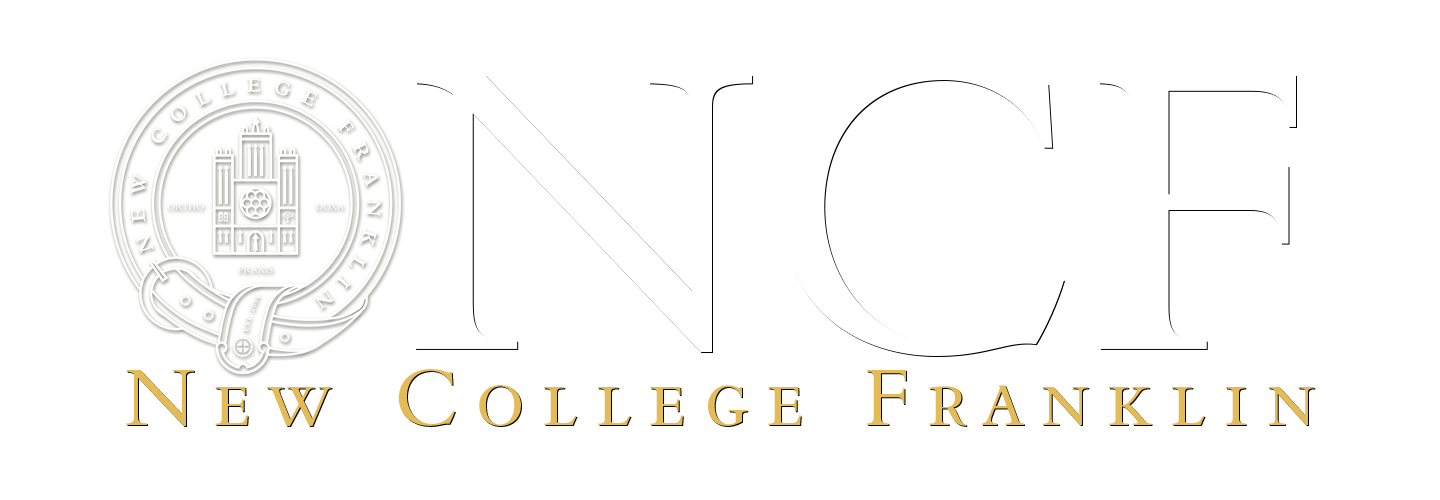Held in the Gathering Room at Christ Presbyterian Church in Nashville, TN.
At the end of the ‘60s and early ‘70s, a new term entered conversations amidst medicine, science, and ethics: bioethics. Why the new term? What does this shift in language intimate about science, ethics, and theology? Tracing this story of bioethics offers a way to uncover a number of hidden assumptions within modern ethics that relies upon scientific theorizing as the fundamental way of thinking in our modern times. Surprisingly, the philosopher Ludwig Wittgenstein offers profound insights to understand the immense success—yet great danger—of bioethics. Autonomy and utilitarianism, in particular, are two nearly unquestioned goals of scientific theorizing that are easily accessible, but at what cost? Can such an ethics be more than a thin moral calculation that never truly engages questions of the ultimate Good? Far from the depth of theological ethos and practices of virtue, the story of bioethics exemplifies the broader story of modern ethics lost amidst thin ethical theories (vs theoria), enacting a language game that instrumentalizes ethics in service of technological, bureaucratic, and professional end goals.
Dn. Matthew Vest, PhD is Assistant Professor of Christian Ethics at St. Vladimir's Orthodox Theological Seminary and Assistant Professor with the Center for Bioethics at the Ohio State University College of Medicine. He grew up in the foothills of the southern Appalachian mountains and now resides with his wife and two boys in Bozeman MT, where he serves as a deacon at St Anthony's Orthodox Church (OCA). He has taught "great books" and moral philosophy courses on the secondary and post-secondary since 2001, including helping launch New College Franklin (2007-2012).
